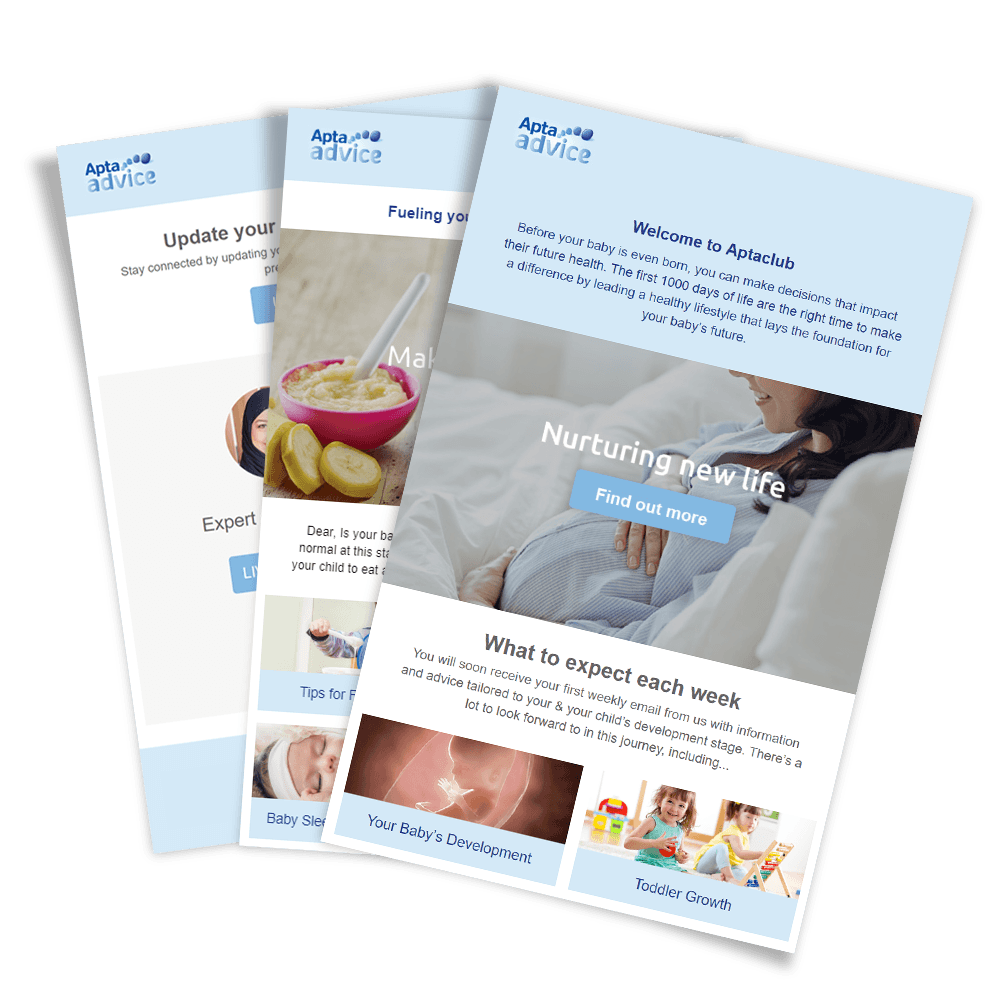Superfoods in pregnancy

During your pregnancy, maintaining a healthy diet is more important than ever. The right choice of foods can provide you and your baby with optimum nutrition. Find out more about the pregnancy superfoods here.
Most mums-to-be want to ensure they give their baby the best nutritional start by packing enough vitamins and minerals into their diet. But trying to keep up with ever-changing ‘superfood’ trends can be tricky, not to mention expensive.
When you’re pregnant, your baby’s healthy development relies on the nutrients your diet provides. So it’s understandable that many mums-to-be want to include as many nutrients as possible in their diet by choosing the right foods. ‘Superfoods’ are thought by many to provide larger quantities of vitamins, minerals and antioxidants than regular foods, but in reality, it’s ensuring we eat a wide variety of foods that counts.
What makes a superfood super?
Some commonly cited superfoods include:
- Berries, such as Blueberries, Goji and Acai berries
- Pomegranate
- Seaweed
- Wheatgrass
- Avocados
Recently, it’s seemed that food manufacturers have discovered a new superfood each week. However, the term ‘superfood’ has no real scientific basis, although most of the foods that are a labelled ‘super’ are considered high in antioxidants such as vitamin C.
Yet many nutritional experts agree that, even though some foods do contain more nutrients than others, it’s important that we eat a range of foods to ensure we get a balanced diet.
Most foods are super
In truth, the only way to make sure you’re getting enough of the nutrients your baby needs is by including a wide range of foods in your pregnancy diet and eating a selection from all food groups – starchy foods such as bread, rice and pasta, fruits and vegetables, dairy, meat and alternatives such as eggs and beans.
Here are just some of the everyday foods you should be including in your pregnancy diet, along with their benefits.
- Oily fish – a source of essential omega-3 fatty acids, vital for cell function, brain and eye development
- Eggs – a good source of protein as well as iron and vitamin B12
- Sunflower seeds – great to nibble on, not only are they a source of omega-3 and omega -6 fatty acids, they’re also full of magnesium, vitamins A, B, D, E and K, calcium, iron, potassium and zinc.
- Yogurt – choose low fat varieties. These contain just as much calcium as full fat versions
- Wholemeal bread – a good source of fibre, B vitamins and slow-release carbohydrates
- Fortified breakfast cereal – a good source of the important B vitamin folic acid as well as iron
- Sweet potato – full of calcium, vitamin C and A and beta-carotene
- Broccoli – rich in folic acid, calcium and magnesium which are essential for bone development
- Dried apricots – a delicious, sweet snack that will top up your iron stores and provide folic acid, potassium, calcium and magnesium
- Bananas – provide potassium and help to maintain a healthy fluid balance
- Strawberries – a delicious way to get vitamin C. Tucking into a bowl for dessert will help you absorb the iron you’ve just eaten.
- Water – it’s essential to keep you and your baby hydrated, it will help to prevent cystitis and constipation.
As you can see, some of the foods we eat every day are just as beneficial as so-called ‘superfoods’, and when combined with plenty of water and lots of rest, you and your baby will benefit from including them in your diet. To find out more, why not read our article on what’s considered a healthy pregnancy diet?
And if you have any questions on what you should and shouldn’t eat during your pregnancy, our Careline team will do their best to help. Call us on 800 6458 6262 (UAE)/ +971 4 420 9489 (Other countries) between the hours of 9am and 6pm Saturday to Thursday.
Related Articles

Join Aptaclub
Get week-by-week updates on your baby’s development and your pregnancy. Receive expert advice, postal packs for your stage and much more

Know your baby’s
due date
When was the first day of your last
menstrual period?
Know your baby’s
due date
RESULT Estimated due date (40 week full term)
Need advice?
Our team of experts is ready to answer your questions and support you on your journey from pregnancy to toddler hood. For more information and relevant advice, please contact us between 9am-6pm from Sunday to Friday.




